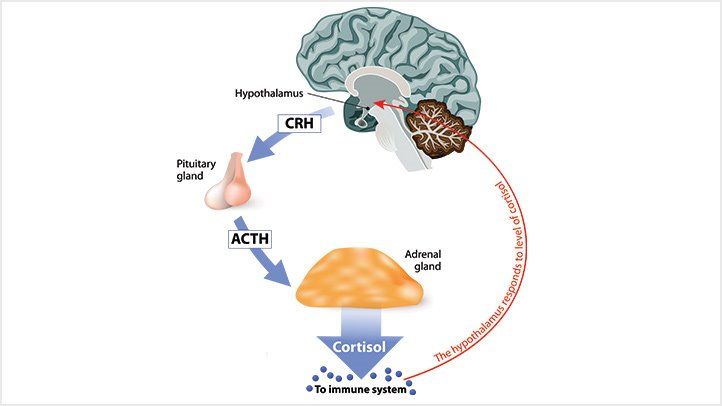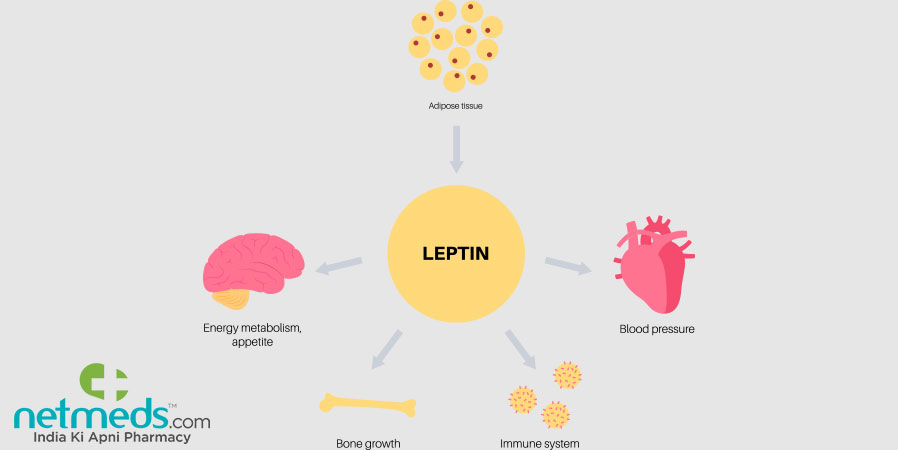Hormones are powerful chemical messengers in the body that regulate various functions, including metabolism, appetite, and fat storage. When these hormones are out of balance, it can lead to weight gain and difficulty in losing weight. In this blog post, we’ll delve deeper into the role of hormones in weight gain and explore strategies to achieve hormone balance for a healthier lifestyle.
Understanding Hormones and Weight Gain

Hormones such as insulin, cortisol, and leptin play crucial roles in regulating metabolism, appetite, and fat storage. An imbalance in these hormones can disrupt these processes, leading to weight gain. For example, high insulin levels, often due to a diet high in refined carbohydrates and sugar, can promote fat storage and contribute to weight gain.
Managing Insulin Levels

Insulin is a hormone produced by the pancreas that helps regulate blood sugar levels. High levels of insulin can lead to insulin resistance, where cells become less responsive to insulin’s signals, resulting in elevated blood sugar levels and increased fat storage. To balance insulin levels, focus on consuming a diet rich in whole foods, including fruits, vegetables, lean proteins, and healthy fats, while minimizing processed sugars and refined carbohydrates.
Stress and Cortisol

Cortisol, often referred to as the stress hormone, plays a role in metabolism and fat storage. Chronic stress can lead to elevated cortisol levels, which can promote weight gain, particularly around the abdomen. To manage cortisol levels, incorporate stress-reducing activities into your daily routine, such as meditation, yoga, deep breathing exercises, or spending time in nature.
The Role of Leptin

Leptin is a hormone produced by fat cells that helps regulate hunger and energy expenditure. Leptin resistance, often caused by a diet high in processed foods, can disrupt appetite regulation and contribute to weight gain. To improve leptin sensitivity, focus on consuming whole foods rich in nutrients and fiber, while minimizing processed and high-fat foods.
Incorporating Lifestyle Changes

In addition to dietary modifications, incorporating lifestyle changes can also support hormone balance and weight management. Prioritize regular physical activity, adequate sleep, and stress management techniques to optimize hormonal health and support your weight loss goals.
Conclusion
Balancing hormones is essential for managing weight gain effectively. By understanding the roles of insulin, cortisol, and leptin in weight regulation, you can take proactive steps to support hormone balance through diet, lifestyle, and stress management. Prioritizing your hormonal health can lead to sustainable weight loss and overall well-being. Remember, small changes in your daily habits can make a significant impact on your hormone balance and weight management goals. Make choices that support your hormones, and you’ll be on your way to a healthier, happier you!
Hormones are powerful chemical messengers in the body that regulate various functions, including metabolism, appetite, and fat storage. When these hormones are out of balance, it can lead to weight gain and difficulty in losing weight. In this blog post, we’ll delve deeper into the role of hormones in weight gain and explore strategies to achieve hormone balance for a healthier lifestyle.